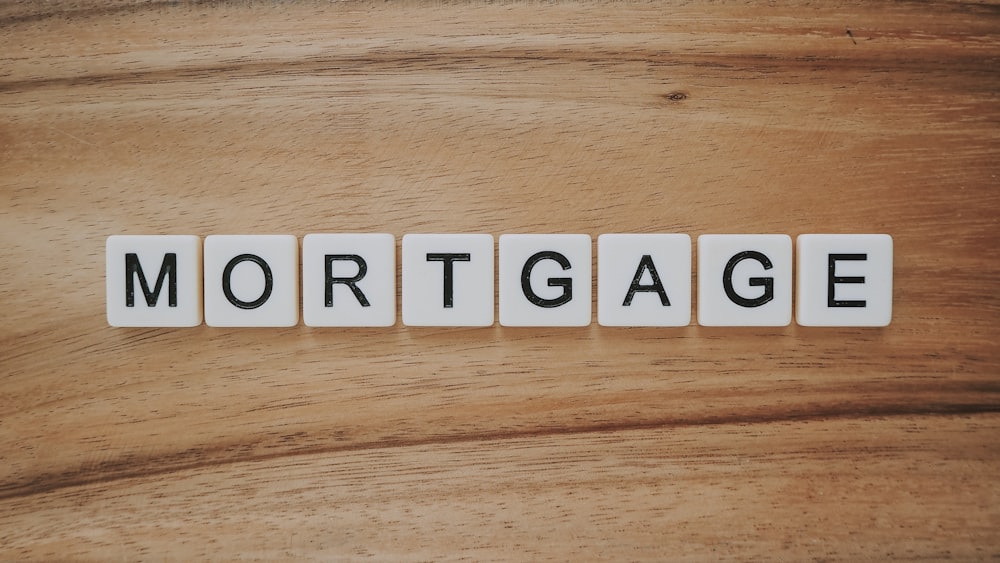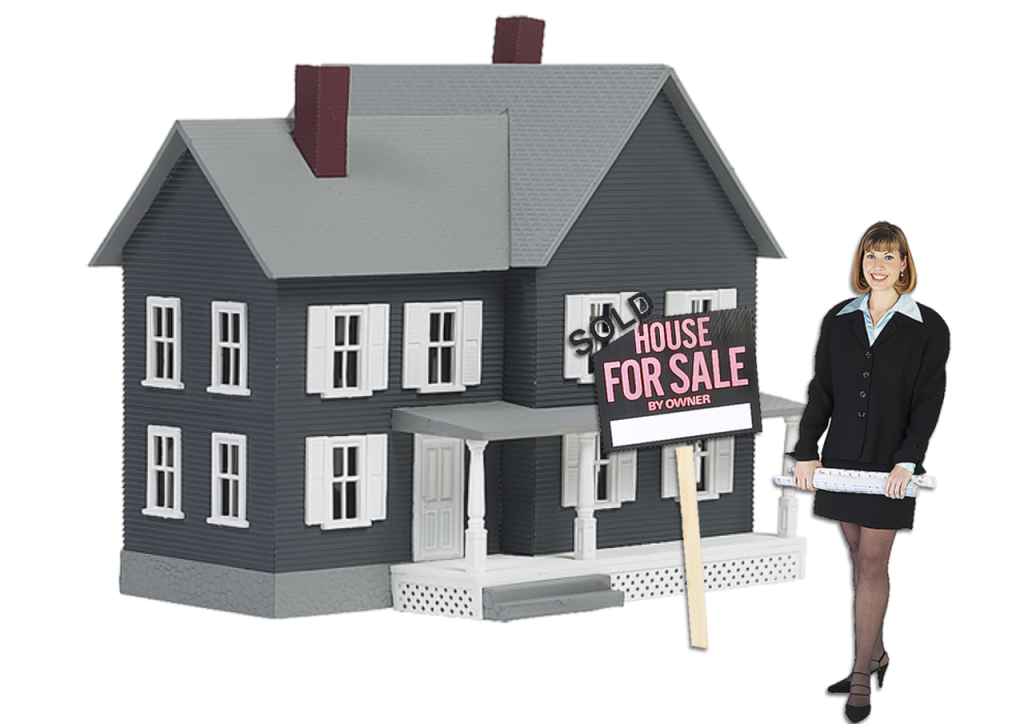How much does it cost to buy a house? This is a very important question for homebuyers. If you ever thought that the cost of buying your house is the down payment, paying off the mortgage, and the interest charges, you are wrong. There are more to these costs and I will walk you through them.
In this article, I will walk you through possible costs you will incur when you are buying a house. These costs are grouped into two categories. The homeowner’s upfront costs and the homeowner’s ongoing costs.
Homebuyers‘ upfront costs
The homeowner’s upfront costs account for the money spent before owning the house. In this section, we will explore these costs in detail.
1. Down Payment
A down payment is a partial upfront payment you need when buying a house. This money is mostly paid in the form of cash or similar payments. Conventional mortgages require at least 20% of a down payment of the total cost of your house without purchasing private mortgage insurance (PMI), according to Nerdwallet.
When you are buying a house, the down payment will be your first big upfront cost. The money is paid when you are finalizing the deal. You can also have mortgages that do not require a minimum of 20%.
However, this sweat deal makes you borrow more money which in turn increases interest charges. You may also end up purchasing a PMI to protect the lender in case you default. For these reasons, your monthly payment will be much higher than you anticipated and the house will cost you more money.
The trick is to put down as much as you can without exhausting your financial world.
2. Closing costs
Closing costs are paid to your moneylender and the third party involved when closing on your mortgage. According to Trulia, the following are some of the closing costs you will experience when buying a house.

- Origination fee
- Underwriting fee
- Title insurance
- Property taxes
- Owner insurance
- File preparation fees
- Etc
Your moneylender will give you an estimation of the loan which will include your closing costs. These costs can average between 2-5% of the total cost of the house, according to Zillow.
For example, if you are buying a house worth $300,000, expect to pay between $6,000 and $15,000 in closing costs. You must always be prepared for more expenses when you are considering buying a house. Putting these expenses together ahead of time will help you calculate how much it will cost you to buy a house.
After buying your house, you will still have ongoing expenses. We will cover all ongoing expenses in the next section.
Homeowner’s ongoing expenses
Your ongoing expenses could be more than you anticipated. We will start with the one you already know which is the mortgage payments.
1. Mortgage payment (paid monthly)

Your mortgage will have to be paid off after buying a house. The payments will be made monthly until the house is fully paid off. The money you borrowed and interest charges will determine your monthly payment.
If you put down 20% on the property, your lender will give you 80% of the total cost. You will then make an agreement with your lender about a timeline to pay the mortgage back.
It is always a good idea to give yourself enough time so that you can always meet your monthly payments even during financial difficulties.
At the same time, it is a smart idea to pay more than your monthly payments in order to pay off the mortgage faster. By using these techniques, you will pay less on interests and be free from mortgage shackles faster.
2. Mortgage insurance
This insurance is not paid by everyone who gets a mortgage. You will pay this insurance if your down payment is less than 20%.
Not everyone can afford a 20% down payment. Therefore, some people put down less than the conventional down payment. This sweet deal comes at a cost. They end up paying mortgage insurance.
This insurance can go up to 2% of the total loan amount annually, according to Nerdwallet. Some lenders can cancel this insurance once you have paid at least 20% of the property value or until the money you owe them drops below 80%.
3. House or property taxes
Whenever you own an asset like a house, your government will collect some taxes from you. These taxes vary depending on cities and states. In addition, the location and value of the house will have an influence on your property taxes. The more expensive a house gets, the more taxes you will pay.
Property taxes change with market conditions. For example, if the housing condition increases and houses’ values increase; your property tax will increase as well. The opposite will happen when the market crashes. Your taxes could decrease if your house depreciated due to a housing bear market.
This is why you must be prepared to pay more on your property tax.
4. Property insurances
These insurances are also important and depend on the states and cities. The reason they are different is that risk assessments are different depending on locations.

For example, risk assessment in an area with earthquakes and hurricanes is different than areas without natural disasters.
To reduce these costs, you can bundle many insurances together such as your car or any other insurances you might have.
Your house will become like a child after buying it. You will need to take care of it. Things will break down in your house and you will fix them using your own money like you take care of your child.
You might end up fixing clogged plumbing systems, a leaky roof, or simple things like a torn carpet. Also, you will need to pay for lawn work, snow removal if you will not do it yourself. These costs will always be there and you will always take care of them.
If you are wondering how much does it cost to buy a house, consider making a budget that includes all these costs. Without including these costs in your budget, you may not be able to cover your mortgage payment and ongoing costs.
6. Homeowner Association Fee (HOA)
If you buy a house that has a homeowner association(HOA) fee like a condo, town-home, etc, you will pay an HOA fee.
This fee is fixed but can change depending on the amenities and maintenance needed to keep the complex going.
You would expect as little as $50 to thousands of dollars depending on the location, quality of the house, and amenities provided by the association.
Final Words
Buying a house is not an easy task to undertake. You will need to budget every dollar to exactly how much it will cost you to buy the house of your dreams.
Proper planning and budgeting will help you navigate the home buying process with ease.









